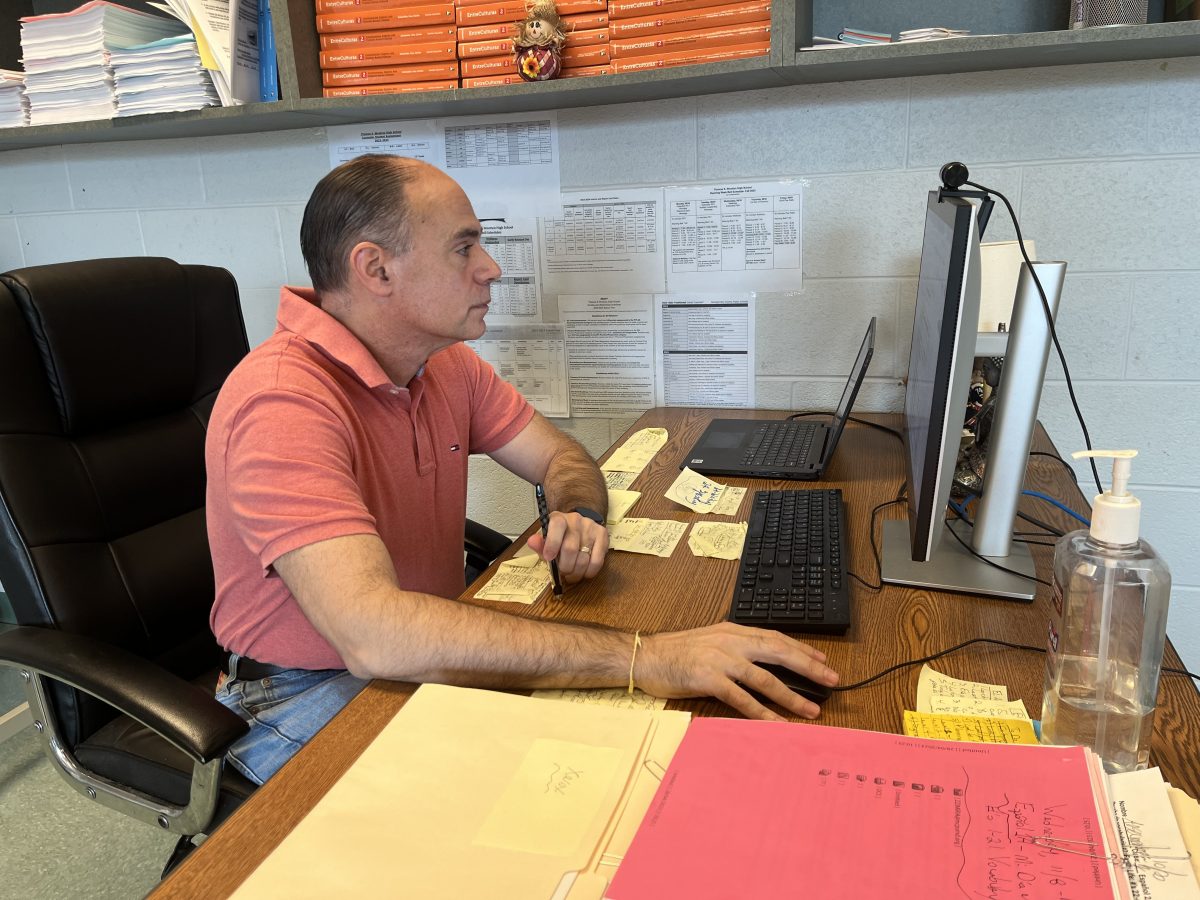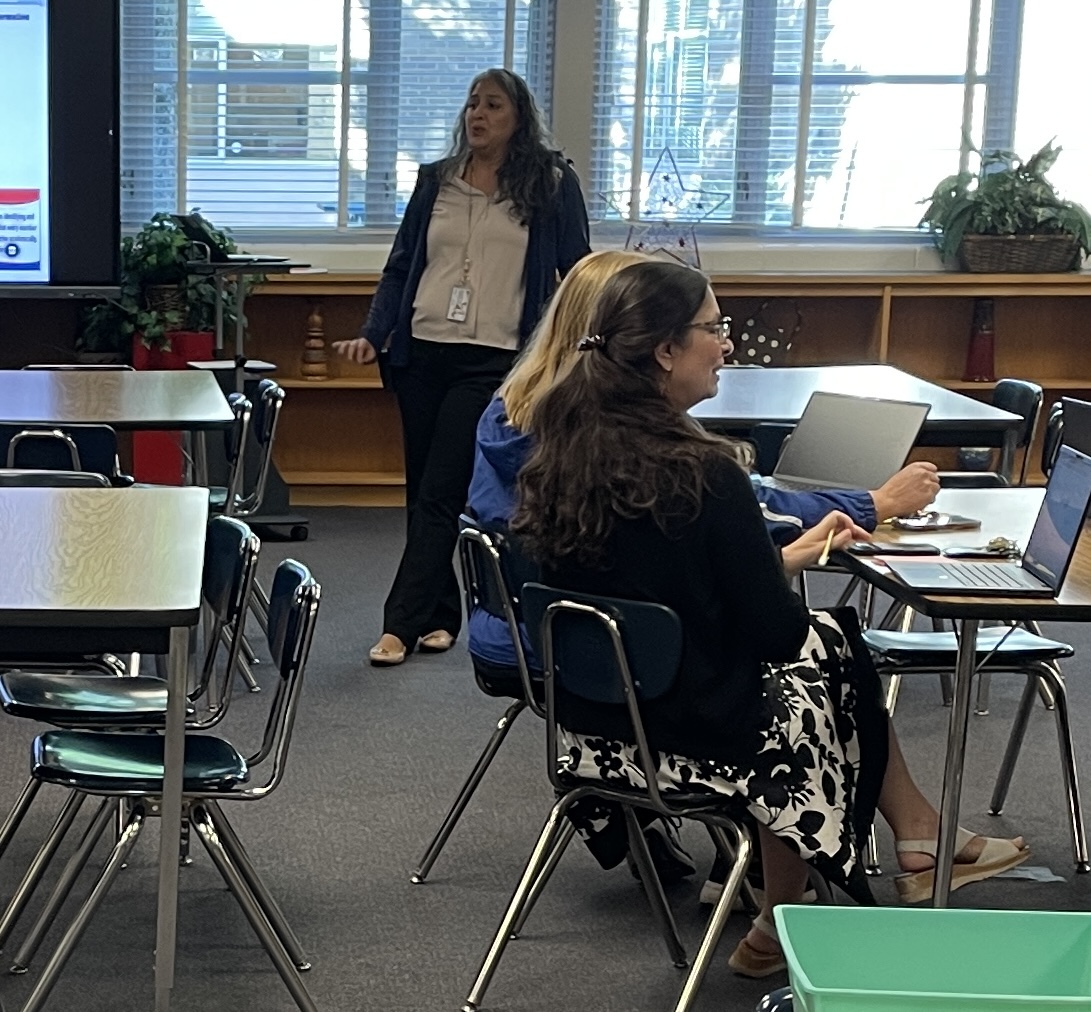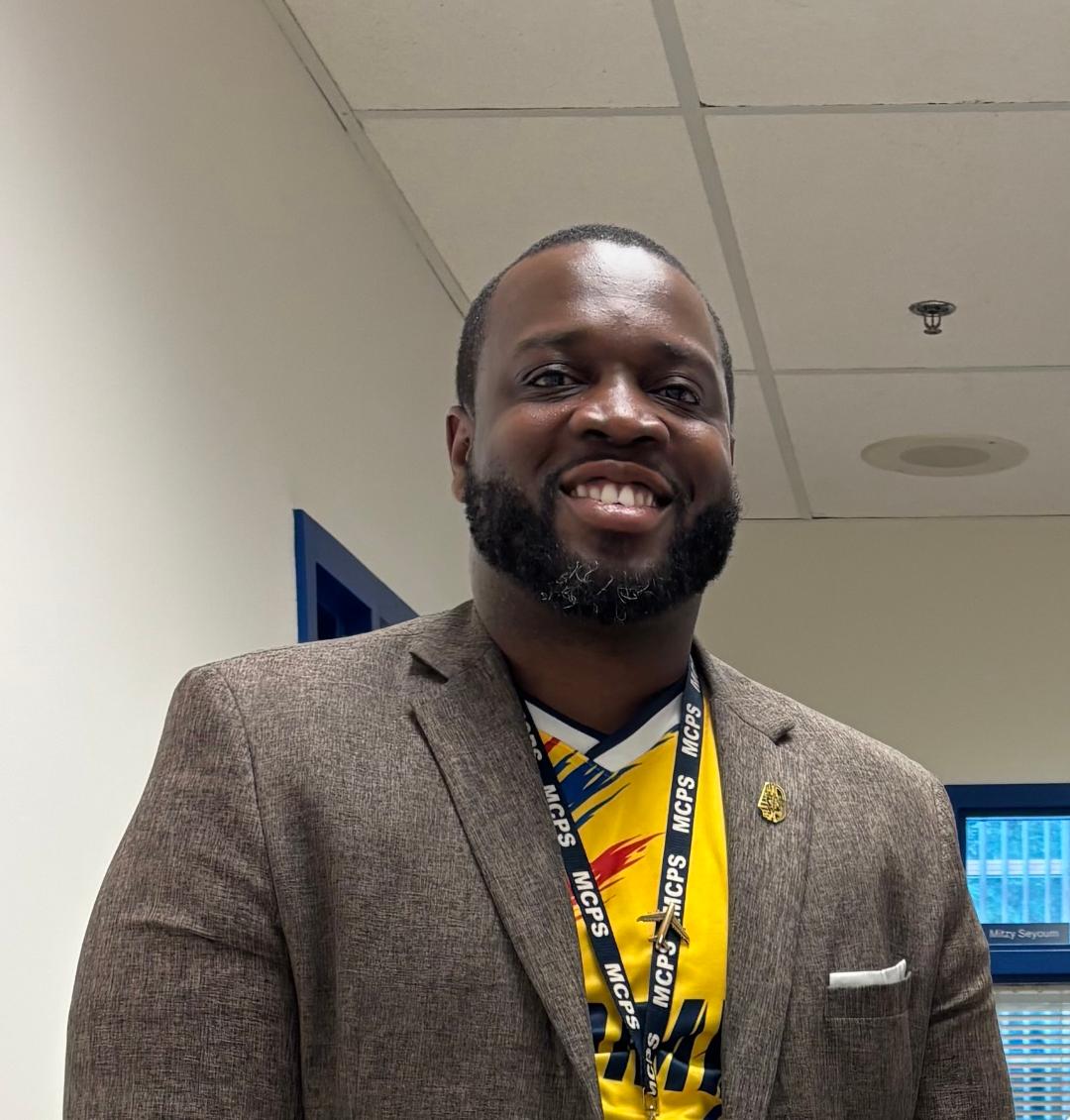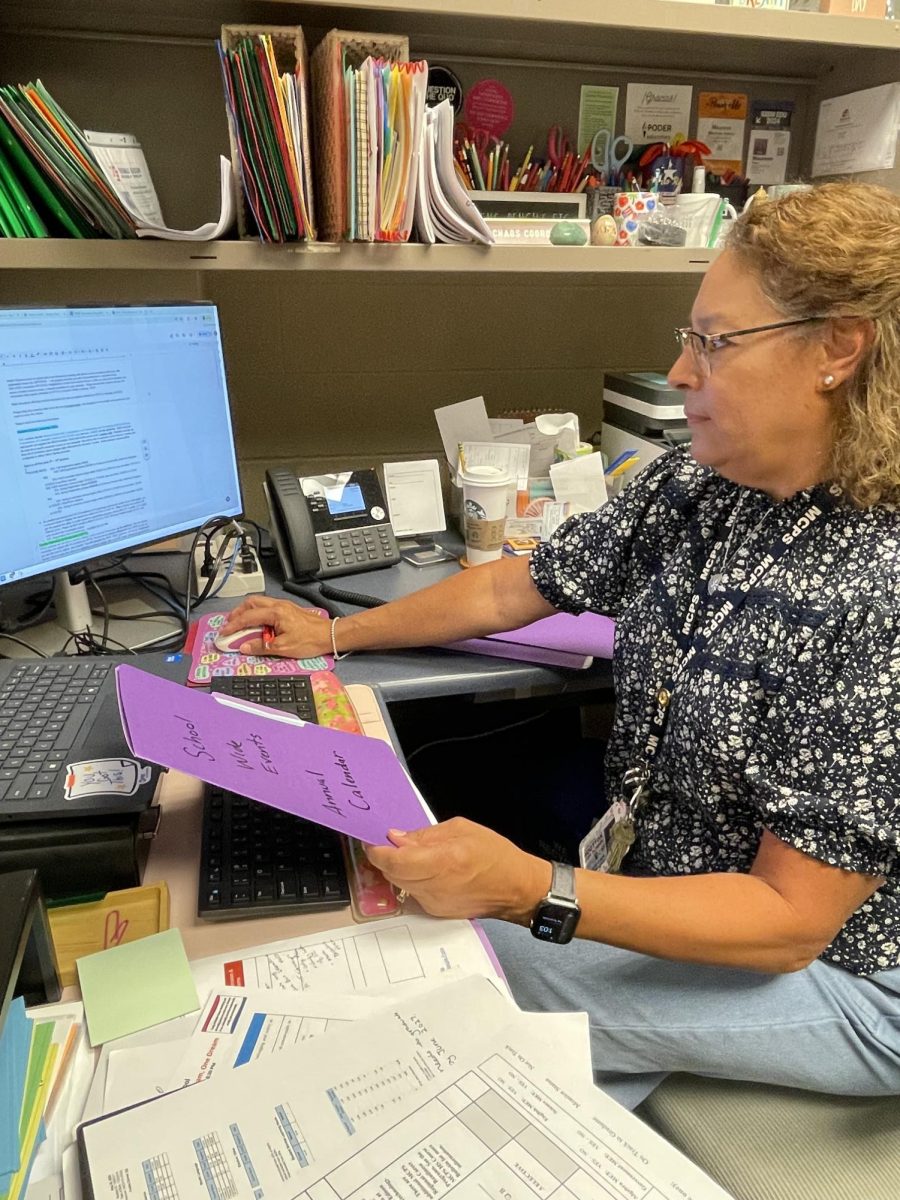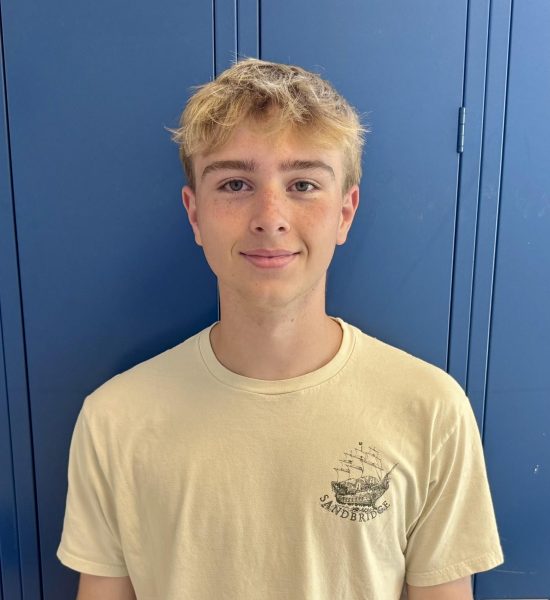Jack Weinstein was a freshman student, nervous to join a new schooling environment. He walked into his Spanish class expecting to be treated as just another robot forced to endure the modern school system. To his surprise, he was greeted by a tall, smiling man in clogged dress shoes who had already learned his name and face.
Language teacher Matthew Salzman’s troubling educational experiences as a child motivated him to become a teacher and end the harmful teaching practices he knows too well by creating real relationships with students. Salzman graduated from the University of Miami in Coral Gables, Florida with a bachelor of arts degree in Spanish. Salzman has taught at the school for 28 years and currently teaches Spanish levels one, two and three. Salzman did not always expect to become a teacher, although he always knew he wanted to work using his Spanish intellect. “During the four years that I attended the University of Miami, education was not on my radar,” Salzman said.
One of the reasons Salzman did become a teacher was his own secondary school experience. He felt that the teachers he had when growing up failed to reach him both academically and personally. “Subconsciously, I knew that things could have been better. I could have had a stronger education had my teachers taken a better interest in my academics,” Salzman said.
Also as a product of his own educational circumstances, Salzman was drawn to the Spanish language because his language teachers were always the ones who best connected to him as a student. Students today continue to reflect on these thoughts. “I connect to my language teachers more because they seem to care about my life outside of school,” sophomore Krish Balkee said.
In addition to his own educational history, Salzman is inspired by a belief of former principal Michael Doran which is that no significant learning can occur without first establishing a significant relationship. Salzman continues to follow this idea by focusing on creating real bonds with students along with the typical performance-based goals. “I think there’s more of a chance of students attaining those goals if teachers take the time to get to know their students as human beings first,” Salzman said.
This more uncommon style of teaching combined with his other strengths in the classroom caused students to feel pleased with their experiences in Salzman’s Spanish classes. They appreciate his ability to thoroughly teach the content while creating a healthy environment and a more positive school experience. Salzman is “able to keep all the students on track and keep them informed about the Spanish topics,” sophomore Sofia Sossa said.
Outside the classroom, Salzman enjoys spending time with his family as well as learning about art history, which he minored in while in college. During the summertime, he continues to teach classes for people with intellectual disabilities. “Last summer, I was a special education teacher for the LFI (Learning for Independence) program,” Salzman said.


